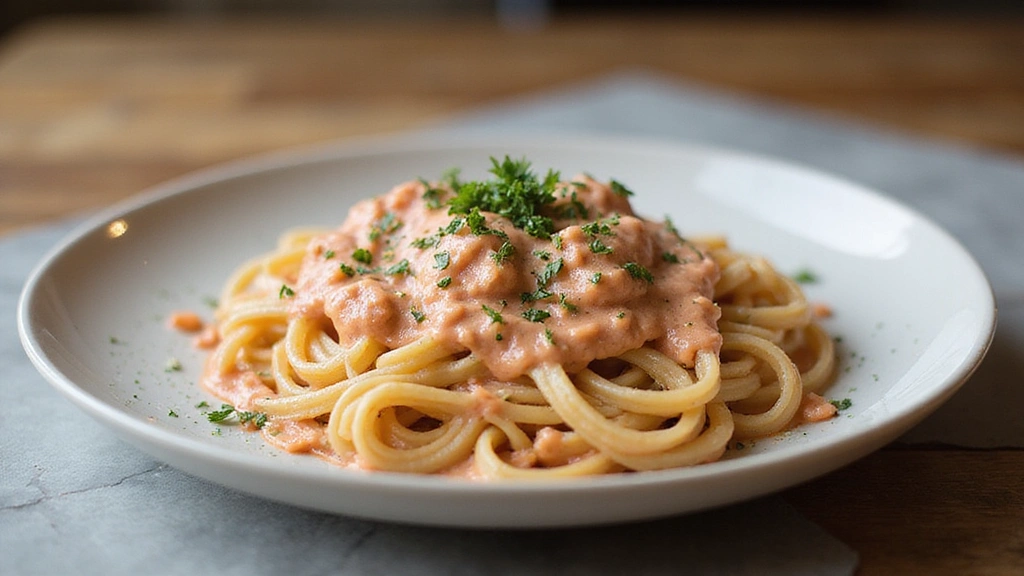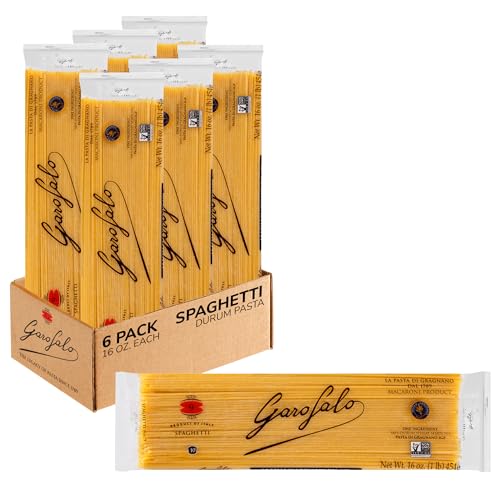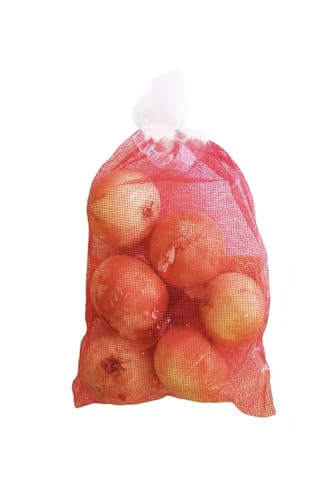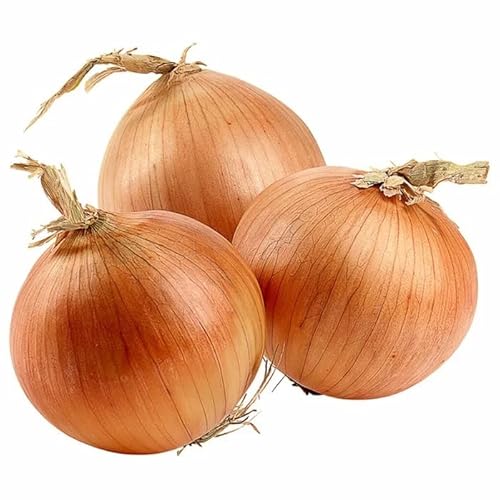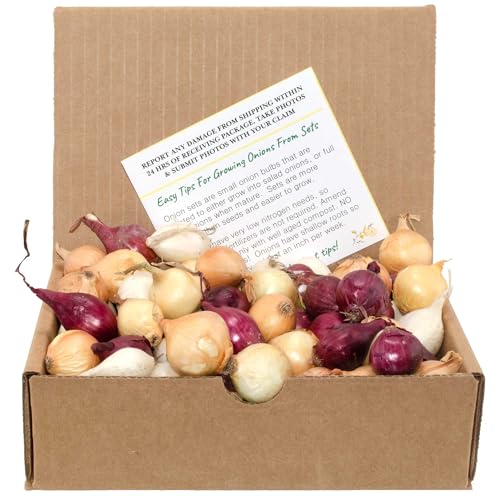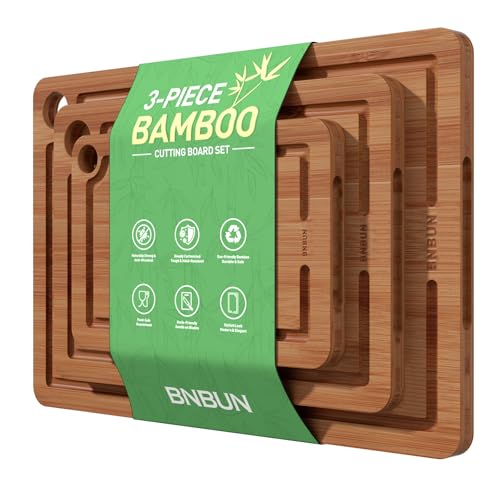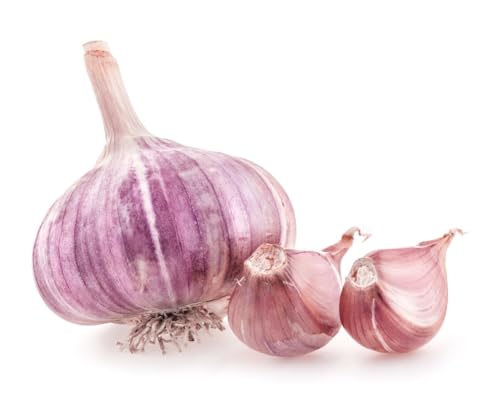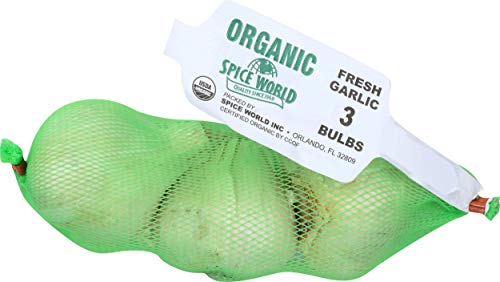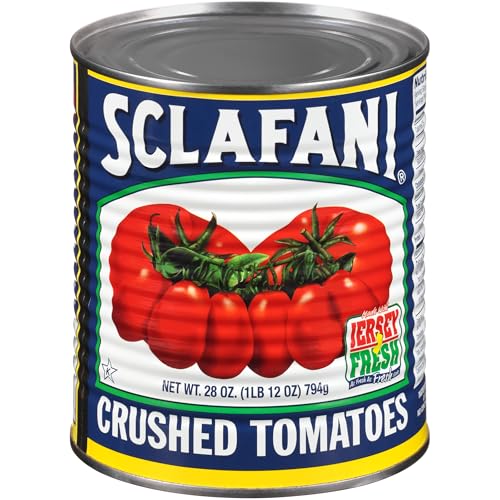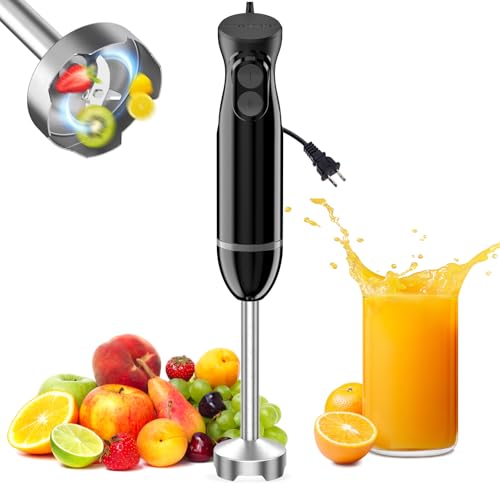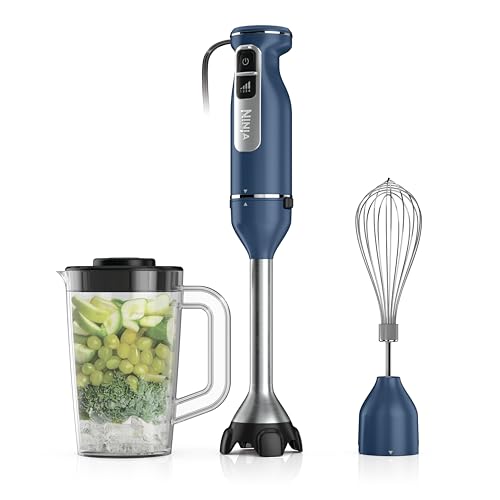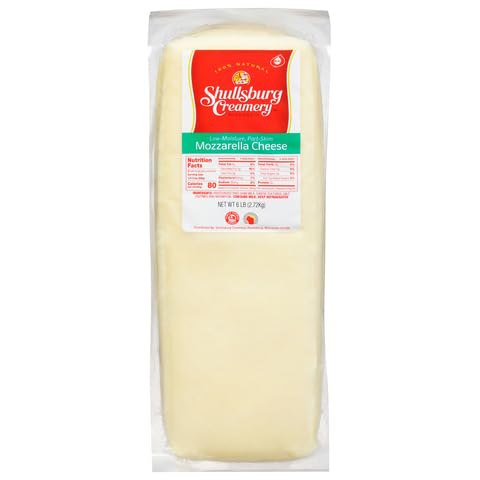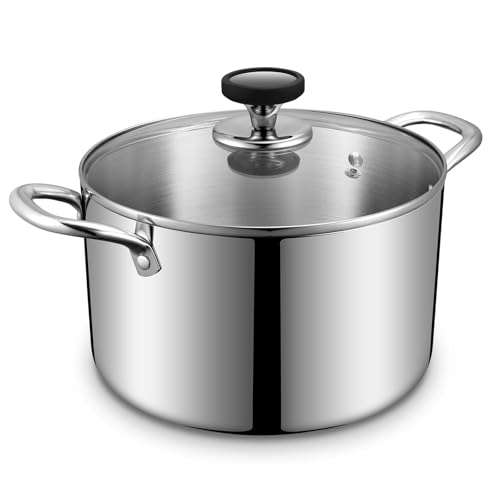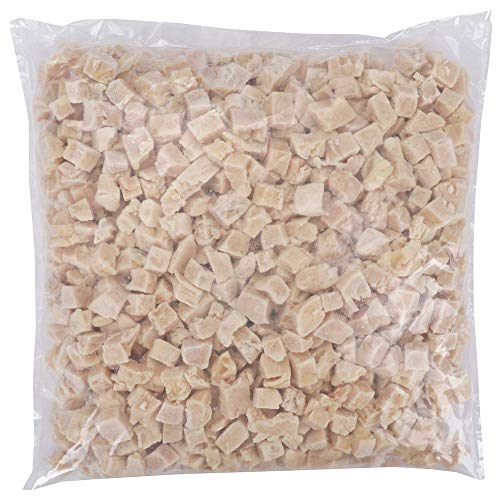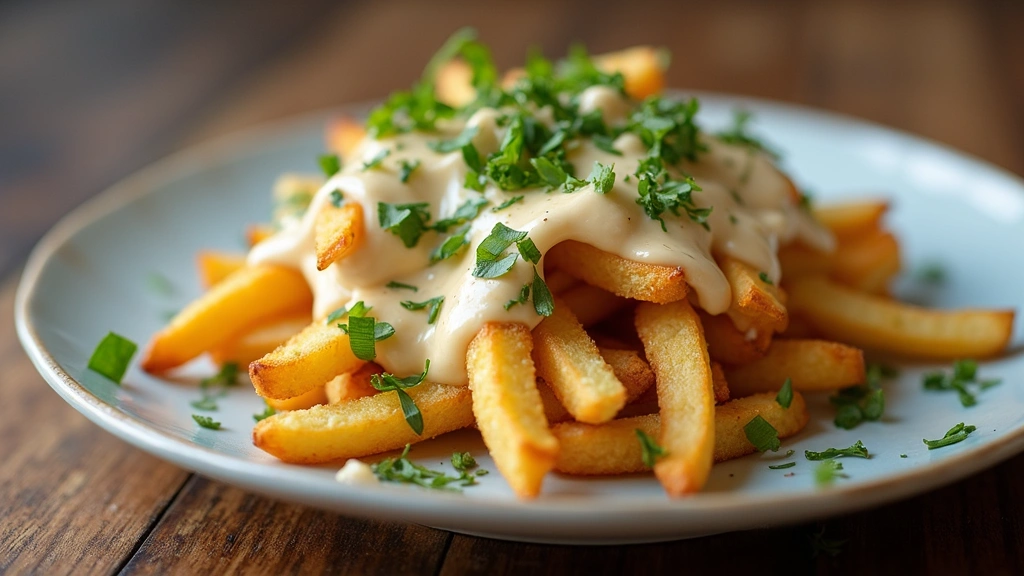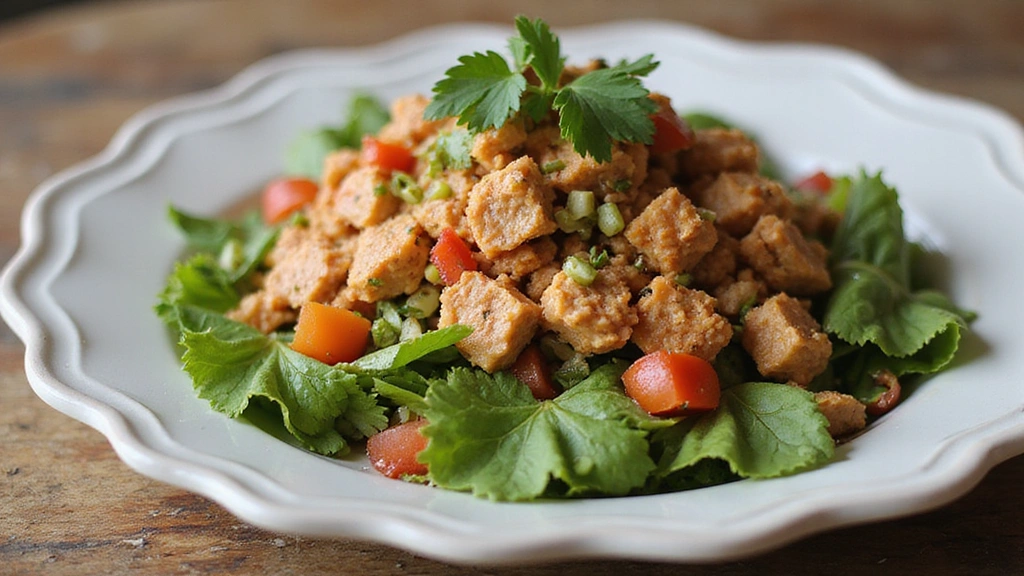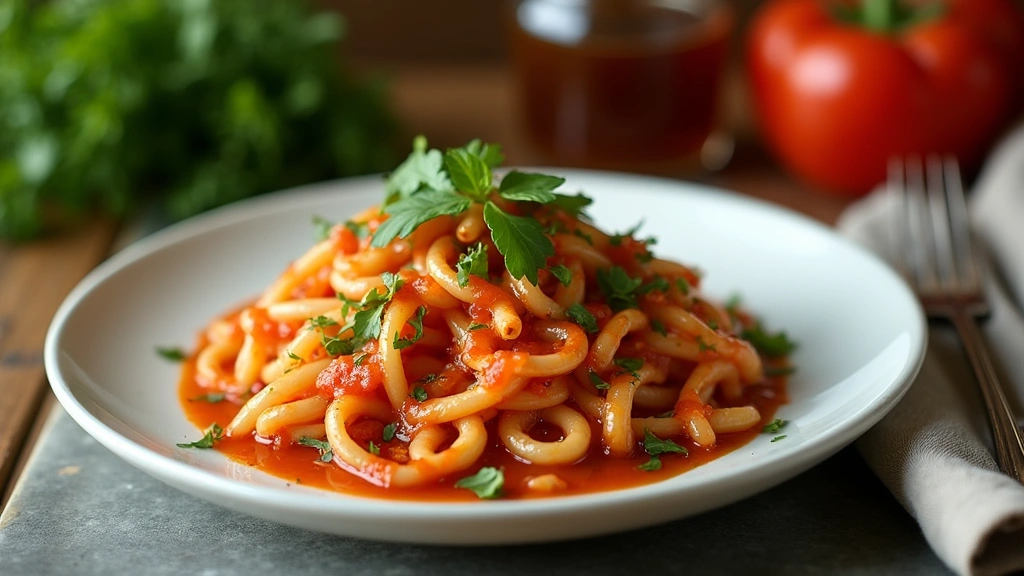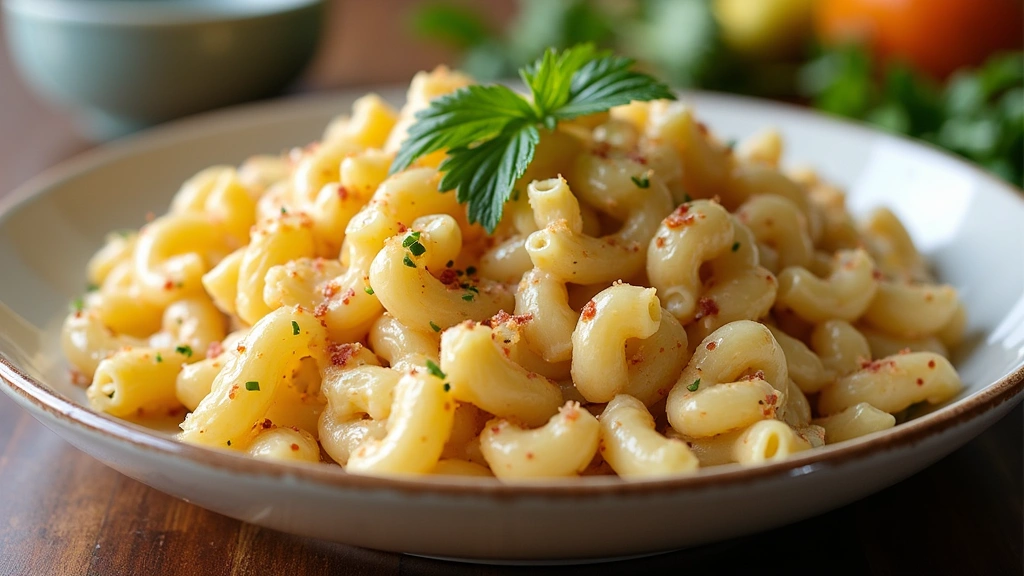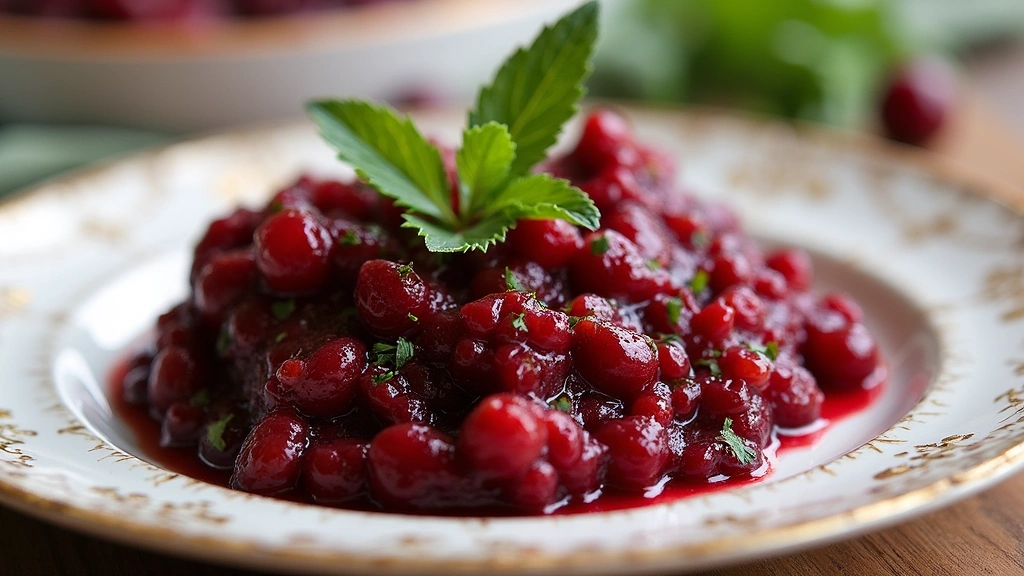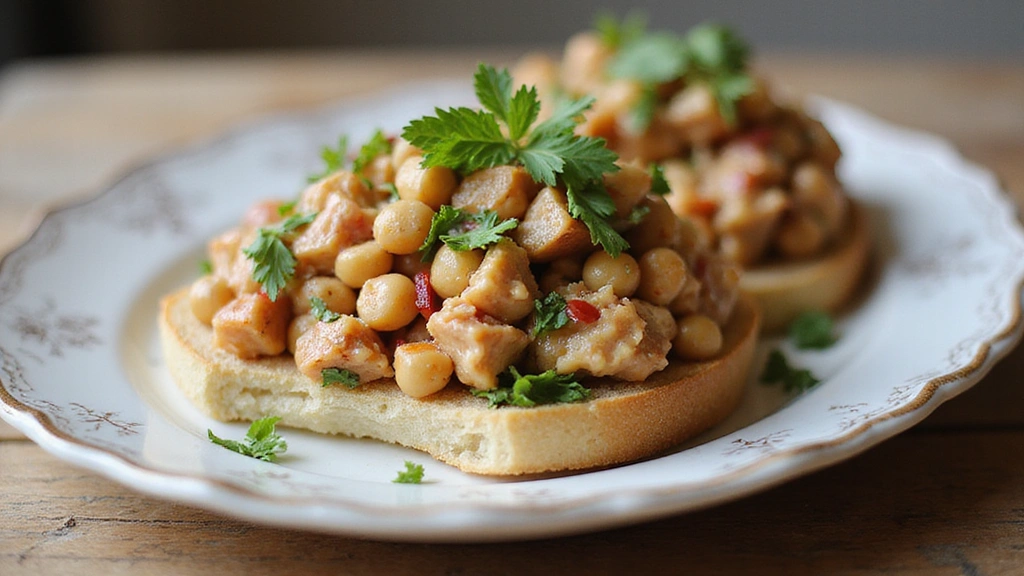The Creamy, Dreamy Pink Sauce Pasta is a culinary delight that brings together the best of Italian flavors with a playful twist.
Its vibrant pink hue is not just visually stunning but also hints at the rich and tangy flavor profile that awaits.
Inspired by a fusion of traditional tomato and alfredo sauces, this dish is a modern classic that has taken the culinary world by storm.
Whether you’re cooking for a cozy night in or impressing guests at a dinner party, this pasta dish is sure to captivate and satisfy with its luscious texture and layered flavors.
The History and Cultural Significance
• Ditch the Jar: traces its origins to Italy in the late 20th century, where it was originally created by chefs experimenting with fusion cuisine.
• The dish evolved over decades as chefs combined cream with tomato sauce, eventually becoming the beloved version we know today.
• In Italian-American culture, this dish traditionally appears at family gatherings, symbolizing a blend of heritage and innovation.
• While many variations exist across different regions, the authentic version maintains a perfect balance of creaminess and tang that sets it apart from imitations.
Recipe Overview
Nutritional Information
Essential Equipment Guide
Large Pot: Essential for boiling pasta evenly. Alternatives include a high-sided sauté pan. Look for heavy-bottomed pots for even heat distribution.
Sauté Pan: Important for preparing the sauce. Non-stick or stainless steel pans work well. Ensure it has a lid to help control the sauce’s thickness.
Blender: Useful for achieving a smooth sauce texture. Immersion blenders are a great alternative. Look for models with variable speed settings.
Ingredients
For the Base
|
|
| Amount | Ingredient | Notes |
|---|---|---|
| 300 grams | penne pasta | cooked al dente |
For the Sauce
| Amount | Ingredient | Notes |
|---|---|---|
| 1 tablespoon | olive oil | adds richness |
| 1 medium | onion | finely chopped |
| 2 cloves | garlic | minced |
| 400 grams | canned tomatoes | pureed |
| 200 milliliters | heavy cream | for creaminess |
| 1 teaspoon | salt | enhances flavor |
| 1/2 teaspoon | black pepper | for seasoning |
| 1/4 teaspoon | red chili flakes | adds heat |
Vegetables
| Amount | Ingredient | Notes |
|---|---|---|
| 1 cup | spinach | chopped |
Seasonings
| Amount | Ingredient | Notes |
|---|---|---|
| 1 teaspoon | dried basil | for aroma |
| 1/2 teaspoon | dried oregano | for depth |
Preparation Methods
Creating a Roux: This technique involves cooking flour and fat together to thicken sauces. It’s crucial for achieving a creamy texture in the sauce. Stir constantly to avoid lumps.
Simmering: Cooking the sauce at a low temperature to meld flavors without reducing too quickly. Keep an eye on the heat to maintain a gentle simmer.
Tossing Pasta: Properly coating the pasta with sauce ensures every bite is flavorful. Use a gentle folding motion to evenly distribute the sauce.
Step 1: Prepare Ingredients
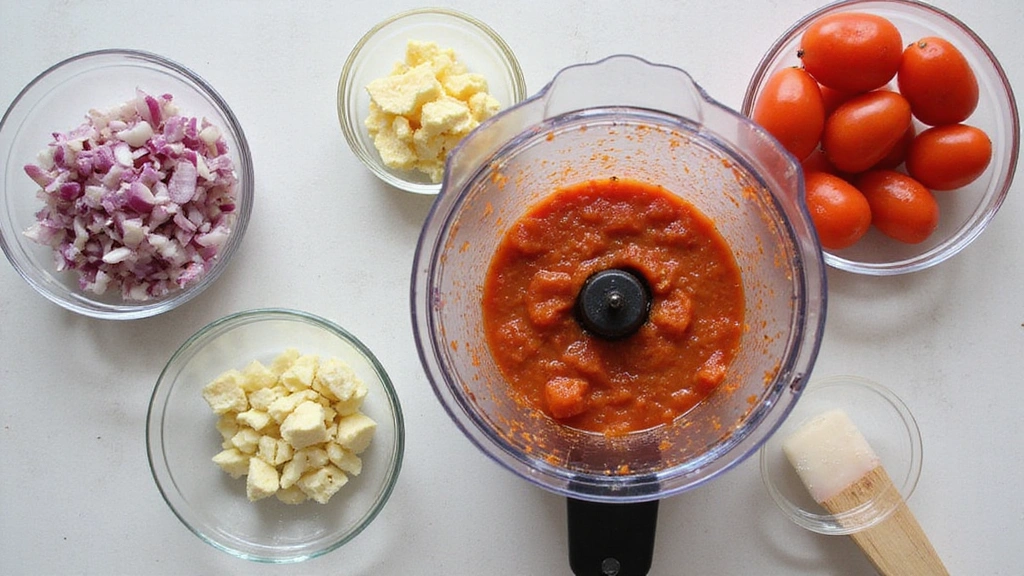
Gather all ingredients and equipment before starting.
Chop the onion and mince the garlic.
Puree the canned tomatoes until smooth.
Ensure all ingredients are measured and ready to use.
Step 2: Cook the Pasta
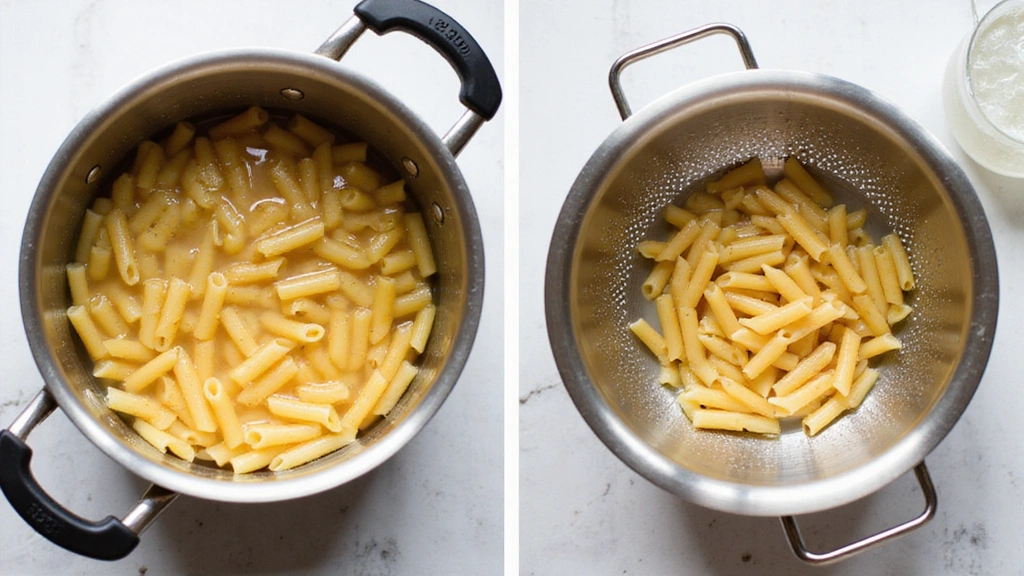
Bring a large pot of salted water to a boil.
Add the penne pasta and cook until al dente, about 8-10 minutes.
Drain the pasta, reserving 1/2 cup of pasta water.
Set aside the pasta while you prepare the sauce.
Step 3: Sauté the Aromatics
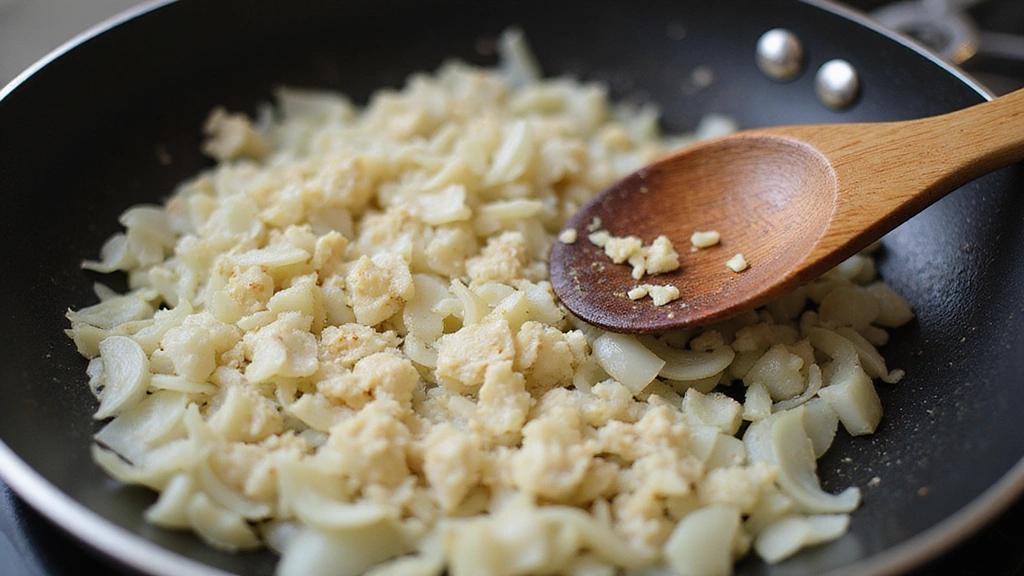
Heat olive oil in a sauté pan over medium heat.
Add the chopped onion and cook until translucent, about 5 minutes.
Stir in the minced garlic and cook for an additional minute.
Be careful not to burn the garlic to avoid bitterness.
Step 4: Create the Sauce Base
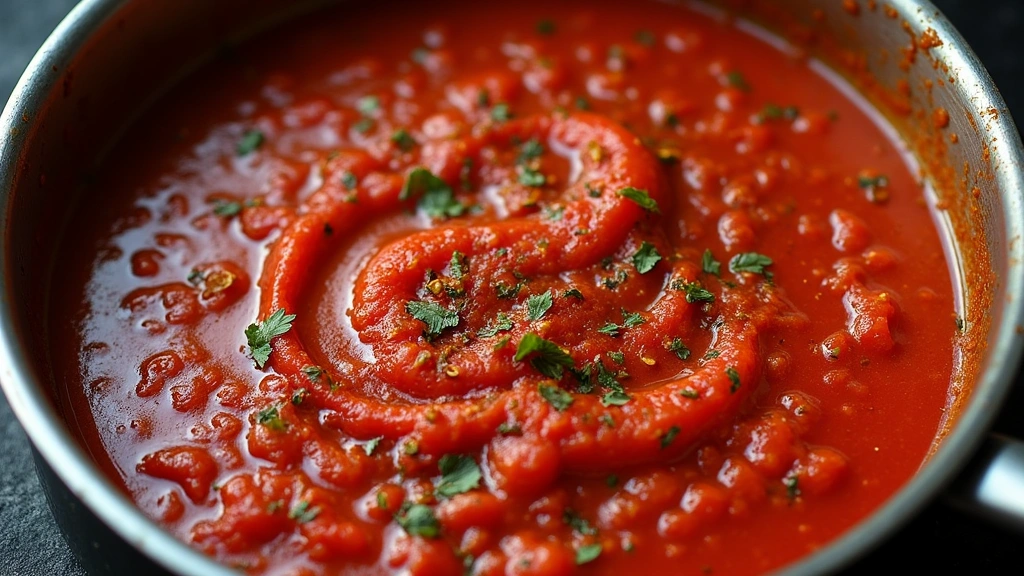
Add the pureed tomatoes to the sauté pan.
Stir in the salt, black pepper, and red chili flakes.
Bring the mixture to a simmer and cook for 10 minutes.
Ensure the sauce thickens slightly and flavors meld together.
Step 5: Incorporate the Cream
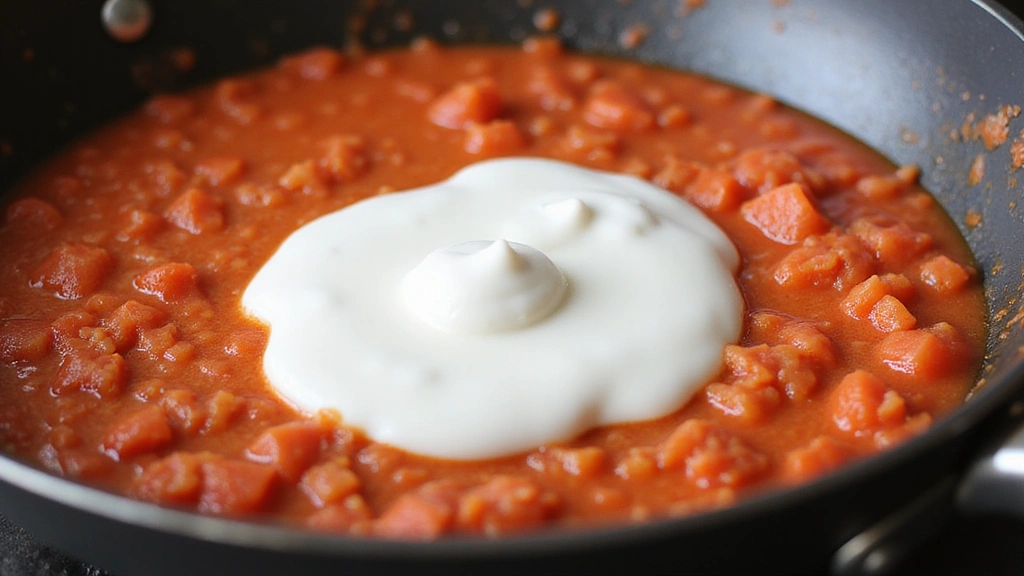
Reduce the heat to low and slowly stir in the heavy cream.
Mix until the sauce turns a uniform pink color.
Continue to cook on low for 5 minutes to thicken.
Stir frequently to prevent the sauce from scorching.
Step 6: Add Vegetables and Seasonings
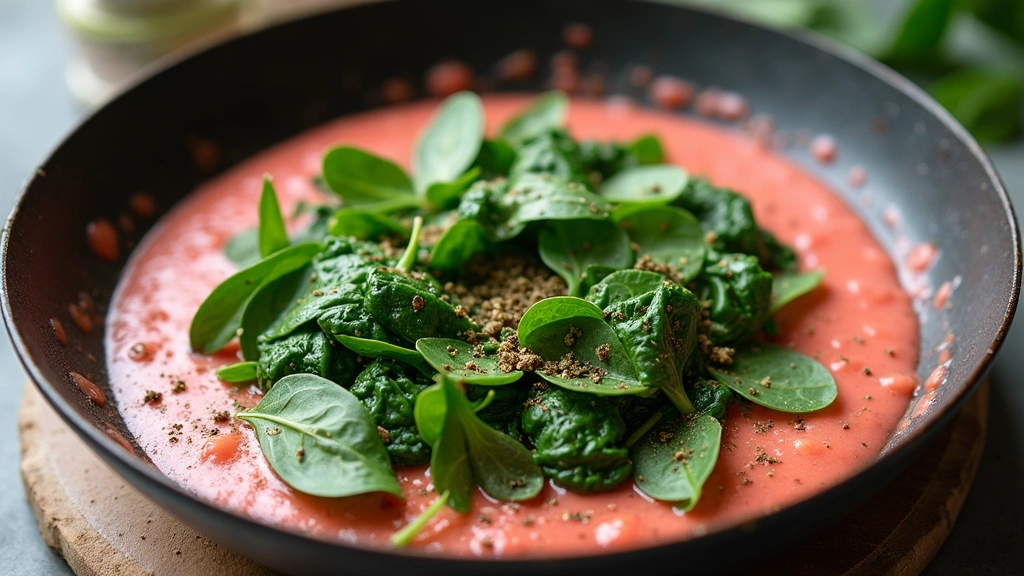
Stir in the chopped spinach, allowing it to wilt in the sauce.
Add the dried basil and oregano for extra flavor.
Continue to cook the sauce on low heat for 3-4 minutes.
Ensure the spinach is fully incorporated and soft.
Step 7: Combine Pasta and Sauce
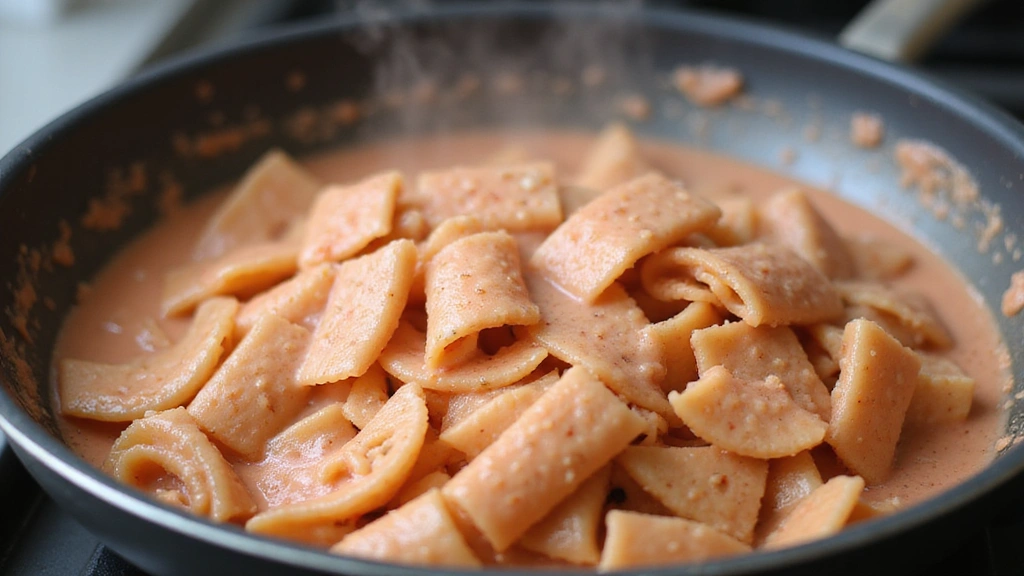
Add the cooked penne pasta to the sauce.
Toss gently to coat the pasta evenly with the sauce.
Use reserved pasta water if needed to adjust the sauce consistency.
Ensure all pasta is well-coated and heated through.
Step 8: Serve and Garnish
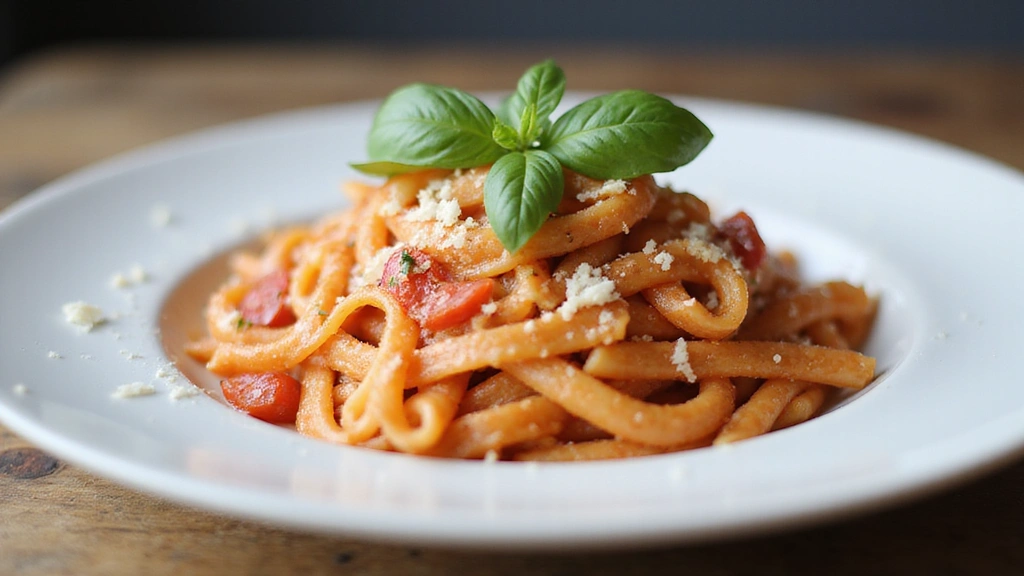
Transfer the pasta to serving plates.
Garnish with freshly grated parmesan cheese and basil leaves.
Optionally, drizzle with a touch of olive oil for added richness.
Serve immediately while hot for best flavor.
Critical Timing and Temperature Guide
Boiling Pasta: Cook for exactly 8-10 minutes until al dente. Look for a firm texture with a slight bite. Avoid overcooking to prevent mushiness.
Simmering the Sauce: Keep the sauce at a low simmer for 10 minutes. The sauce should slightly thicken without reducing too much. Stir frequently to prevent sticking.
Incorporating Cream: Reduce heat to low before adding cream. The sauce should blend smoothly without breaking. Avoid high heat to prevent curdling.
Pro Tips for Ditch the Jar:
• Ingredient Selection: Choose high-quality canned tomatoes and fresh cream for the best sauce base. These ingredients significantly impact the final flavor.
• Preparation Secret: Let the sauce rest for a minute after adding the cream to allow flavors to settle and intensify.
• Temperature Management: Use medium-low heat to maintain a gentle simmer for the sauce, preventing separation.
• Texture Enhancement: Adding a splash of reserved pasta water helps bind the sauce to the pasta, creating a silky texture.
• Flavor Layering: Sauté onions and garlic slowly to build a foundation of flavor before adding other ingredients.
• Make-Ahead Strategies: Prepare the sauce a day in advance and store in the refrigerator. Reheat gently before combining with fresh pasta.
• Restaurant-Quality Finishing Touches: Garnish with freshly cracked black pepper and a drizzle of extra virgin olive oil for a professional touch.
• Equipment Optimization: Use a heavy-bottomed pot for even heat distribution, especially when simmering the sauce.
Troubleshooting Common Issues
• Texture Too Thick: This occurs when the sauce reduces too much. Add a splash of pasta water to adjust the consistency.
• Sauce Separates: Usually caused by adding cream at too high a heat. Lower the heat and whisk vigorously to bring it back together.
• Flavors Unbalanced: If the sauce is too acidic, add a pinch of sugar to balance it out.
• Pasta Overcooked: Cook pasta al dente and rinse with cold water to stop cooking if prepared in advance.
• Sauce Too Bland: Ensure enough salt and seasoning are added during cooking for depth and flavor.
• Spinach Texture Off: Wilt spinach in the sauce just before serving to maintain its vibrant color and soft texture.
Variations and Regional Differences
• Italian Variation: Uses fresh tomatoes and basil for a lighter sauce, often omitting the cream for a purely tomato-based version.
• American Variation: Includes additional ingredients like bacon or chicken for a heartier dish.
• Vegetarian Variation: Incorporates a variety of seasonal vegetables like zucchini or bell peppers for added texture and flavor.
• Spicy Variation: Adds more chili flakes or fresh chili peppers for those who prefer a kick of heat.
Food Science Behind the Recipe
• Emulsification: The combination of cream and tomato creates an emulsion, providing a smooth and creamy texture. Understanding emulsification helps achieve a stable sauce.
• Maillard Reaction: Sautéing onions and garlic initiates the Maillard reaction, enhancing flavor complexity and aroma.
• Gelatinization: Properly cooked pasta releases starches that help the sauce adhere, creating a cohesive dish.
Frequently Asked Questions
What's the most common mistake people make when preparing Pink Sauce Pasta? The most common mistake is overcooking the cream sauce, leading to separation and an oily texture.
Can I use fresh tomatoes instead of canned? Yes, fresh tomatoes can be used but may require additional cooking time to reduce and thicken.
How do I store leftover Pink Sauce Pasta? Store in an airtight container in the refrigerator for up to 3 days. Reheat gently to avoid splitting the sauce.
Is it possible to make this dish vegan? Yes, substitute heavy cream with a plant-based alternative like coconut cream and ensure all ingredients are vegan.
What protein can I add to this dish? Grilled chicken, shrimp, or tofu work well as protein additions, complementing the creamy sauce.
How can I reduce the calorie content of this dish? Use a light cream or milk alternative and reduce the amount of olive oil to lower calories.
What's the best pasta shape for Pink Sauce? Penne is ideal for capturing sauce in its ridges, but fusilli or rigatoni are also good alternatives.
Serving and Presentation Guide
• Traditional Presentation: Serve in a shallow pasta bowl, garnished with parmesan and fresh basil leaves.
• Family Style: Present in a large serving dish, allowing guests to serve themselves at the table.
• Individual Portions: Plate as individual servings with a side of garlic bread for a complete meal.
• Elegant Setting: Use white porcelain plates to contrast the vibrant pink sauce, enhancing visual appeal.
Conclusion
Now that you've mastered the Creamy, Dreamy Pink Sauce Pasta, enjoy the rich and vibrant flavors that make this dish unforgettable.
Experiment with variations to keep the dining experience fresh and exciting.
Share this delightful recipe with family and friends, and savor the joyous moments it brings to the table.

